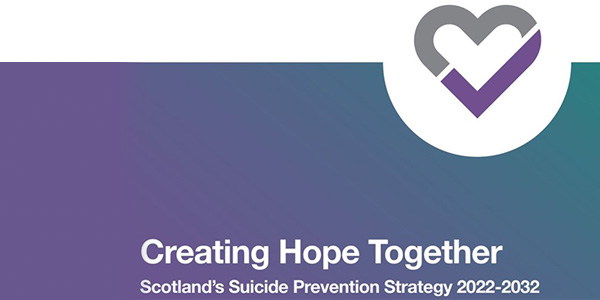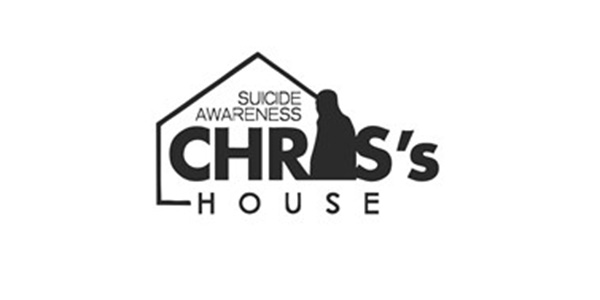Training
There are many Suicide Awareness and Suicide Prevention training opportunities within the University of Strathclyde. Staff and students within the University are able to book Suicide First Aid (SFA: Lite), ASIST (Applied Suicide Intervention Skills Training), and SafeTALK courses through the Strathclyde Development and Training System. You can find out more information on training opportunities and links to book the courses on our Bookable Wellbeing Programmes and training webpage.
Peer support sessions for students or staff affected by suicide
The Canmore Trust are facilitating ‘Safe Space’ sessions at the University of Strathclyde for anyone who has been impacted by suicide at any point in their lives – whether recent or distant.
The sessions will be hosted by The Canmore Trust’s ‘Experienced Friends’. Experienced Friends are people with personal experience of the impact of suicide and who have undergone additional training, including Leading First Aid for Mental Health. They are also experienced in group facilitation.
The groups are open to any member of the Strathclyde community and there will be separate sessions for staff and students. In the creation of safe spaces for discussion within each group, confidentiality is paramount. The Canmore Trust will be working independently of the University and no aspect of group discussions will be shared with the University.
The group will then run at the same times 4:45pm (student session) 6:15pm (staff session) on the last Tuesday of each month (room TL466, Learning and Teaching building Mary Dunn Wing) and we will keep this information regularly updated. For February 2026 the sessions will take place on Tuesday 24/02/2026 and in March they will be held on Tuesday 31/03/2026.
There is no need to book for the sessions, please just turn up! However, if you would like to discuss any of the above or require more information, please contact The Canmore Trust at: admin@thecanmoretrust.co.uk
Suicide safer working group
The working group is a supportive and welcoming space for staff and students from all backgrounds. Our vision is to take a whole University approach to creating a mentally healthy and safe campus and to provide a supportive space for members to collaborate in creating a sustainable, accessible and culturally informed group created with lived/living experiences as well as professional expertise. Overall our aim is to help prevent suicide and support those who need our help most, by listening, helping and caring to anyone who feels alone in their struggles. We highly encourage expressions of interest from all students and staff including people with disabilities, those of all ages or who are neurodiverse, members of the LGBTQI+community, BAME and POC staff and students.
To become a member or find out more please email: suicide-safer@strath.ac.uk
Are you feeling suicidal or worried about someone else?
Suicide Prevention Scotland have a lot of helpful resources and advice if you're worried for yourself or someone else. Click the link here to find out more Home - Suicide Prevention Scotland.
If you feel that you need help now, please contact your GP.
Your GP can provide further assessment of your symptoms, discuss treatment options and refer you to Specialist Services. If your GP is closed, their answerphone will direct you to the appropriate support service. Or you can call NHS 24 on 111.
If it's an emergency situation, the following Emergency Services are available:
- Campus Security via calling +44 (0)141 548 2222
- Emergency Services via calling 999
- The Accident and Emergency Service nearest to the University is the Glasgow Royal Infirmary in Castle Street, Glasgow G4
- Call NHS 24 on 111 for Health Information and Self Care Advice
If you need to talk to someone, below is a list of supports that are available:
- Get in touch with Samaritans on 116 123 or email jo@samaritans.org anytime
- Text 'Shout' to 85258 for free confidential support (24/7 text service for anyone struggling with their mental health)
- Call Breathing Space on 0800 83 85 87 (all weekend and Monday to Friday 6pm to 2am)
- It may also be helpful for you to talk to a friend or family member

